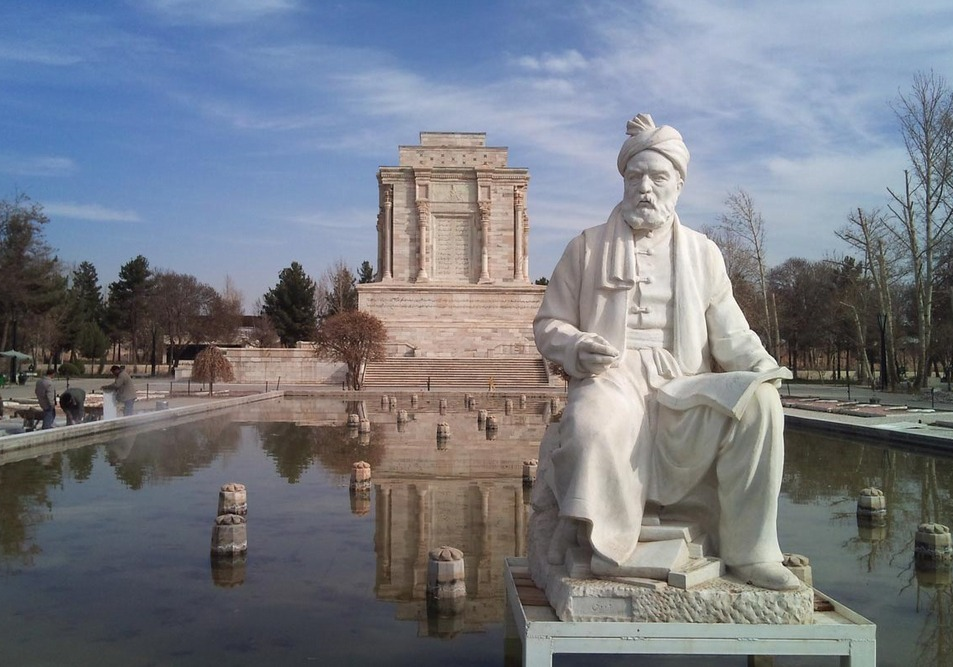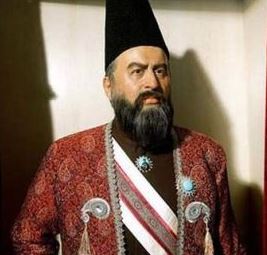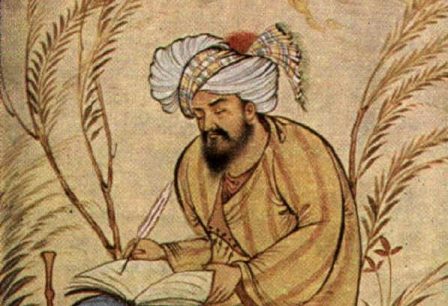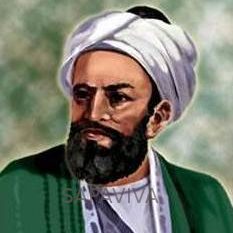
Zakariya al-Razi: The Great Physician and Scholar of Alchemy and Philosophy
Born in the city of Rey in the year 865 CE, Abu-Bakr Muhammad ibn Zakariya al-Razi is a renowned Iranian physician, philosopher, and alchemist, who is widely famous as the person who discovered alcohol, sulfuric acid, and kerosene, and as rightly said by George Sarton, the founder of the discipline of the history of science, Razi was the greatest physician of Iran and the world during the medieval ages. He was also the founder of modern chemistry and one of the few physicians whose views are even used today.
Practicing Medicine
It has been written in Islamic history books that Razi learned medicine in the Baghdad Hospital. He was initially a goldsmith and then engaged in the elixir industry. At the age of forty, he went to Baghdad and began to study medicine and was also appointed as the administrator of the ‘Azodi Hospital of Baghdad during the reign of the Abbasid Caliph, Muktafi. Many physicians and researchers have benefited from Razi’s books and treatises for centuries. Ibn Sina considered Razi to be an outstanding physician and had made use of his book in writing his own book (The Canon of Medicine). Although during his time, dissection of the human body was not practiced and was considered unethical and against religious teachings, nevertheless, Razi has, in his works including Al-Kankash al-Mansouri, written about the anatomy of bones, muscles, brain, eyes, ears, lungs, heart, stomach, gall bladder, etc.
A study of his works makes it evident that he was also an expert in surgery. Unlike many physicians who were more willing to treat kings, rulers, and affluent people, Razi was more involved in treating common people. In his opinion, a physician had to have special qualities. He also exposed the people who called themselves physicians despite having very little knowledge and for this reason, he had some opponents.
Razi was one of the first people who insisted on the role of food in health and treatment. He has written a book about food called “Benefits and Harms of Food”, which is considered a complete course on food hygiene, and in which the properties of wheat and legumes, the properties and harms of all types of water, alcoholic and non-alcoholic beverages, fresh and dry meat and fish are discussed. A chapter of this book has also been dedicated to food digestion, exercise, diet, and food poisoning.
Expertise in Chemistry and Philosophy
Razi’s major influence in chemistry was the classification of substances. He was the first person who divided the bodies into three groups: inanimate, plant, and animal. Razi had studied chemistry before medicine and he can also be considered one of the founders of the science of chemistry and the discovery of such chemicals as “alcohol” and “sulfuric acid” are also attributed to him.
He also had expertise in logic, geometry, and other sciences, and he can be called the most prominent figure of rationalism and empiricism in Iranian and Islamic culture. In philosophy, he was inclined towards Socrates and Plato, and the influence of Indian and Manichaean thoughts can also be seen in his works on philosophy. Nevertheless, he had his own opinions and never surrendered to the opinions of other prominent figures. Rather, he observed and examined the works of his predecessors and then expressed his own opinions and judgment.
Razi believed that the world is a place of evil and suffering and that the only way to salvation is through reason and philosophy. In Razi’s moral philosophy, the issue of pleasure and pain is of high importance. From his point of view, pleasure is not an existential matter, but a relief from suffering, and suffering is a departure from one’s natural state by means of an effective matter. As a result, if something acts against it and makes one get rid of suffering and return to the normal state, it creates pleasure. He also believed that an eminent physician should also be a philosopher.
Razi’s Works and Students
Mohammad Zakariya Razi has written 271 books, treatises, and articles in the fields of medicine, chemistry, pharmacy, philosophy, metaphysics, cosmology, logic, mathematics, astronomy, theology, etc., to his credit, some of which can be mentioned as follows: Al-Hawi, Al-Kanash al-Mansouri, Al-Murshid, Man la Yahduruhu Al-Tabib, Kitab al-Judari wa al-Hasbah, (A treatise on the Small-pox and Measles), Al-Abdal, etc. Historians of medicine and philosophy have mentioned three teachers for Razi: Ibn Raban Tabari, who was Razi’s teacher in medicine, Abu Zaid Balkhi, who taught him philosophy, and Abu al-Abbas Muhammad bin Neyshaburi, who was his teacher in materialism. During his lifetime, Razi raised many students, including Yahya bin ‘Adi, Abu al-Qasim Moqana’i, Ibn Qaran Razi, Abu Ghanem Tabib, Yusuf bin Yaqub, and Muhammad bin Yunus. Razi became blind at the end of his life and finally died in Ray.
Razi turned blind towards the end of his life and there are various stories about the cause of his blindness. Perhaps constant work with chemicals caused him to become blind. Razi passed away in his hometown, Rey, in the year 930 CE. The location of Razi’s tomb is unknown. August 27, which coincides with Zakariya Razi’s birthday, has been named as Pharmacist Day in Iran.
| Name | Zakariya al-Razi: The Great Physician and Scholar of Alchemy and Philosophy |
| Country | Iran |
| Nickname | Zakariya al-Razi |
| Production Time | Born: 865 AD, Rey Died: October 27, 925 AD (age 60 years), Rey |
| Works | Al-Hawi, Al-Kanash al-Mansouri, Al-Murshid, Man la Yahduruhu Al-Tabib, Kitab al-Judari wa al-Hasbah, (A treatise on the Small-pox and Measles), Al-Abdal, etc |
| Yard period | the past |
| Type | Academic |

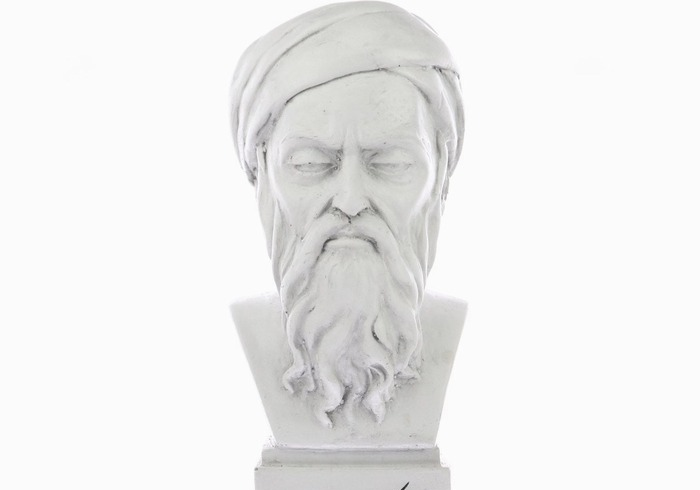

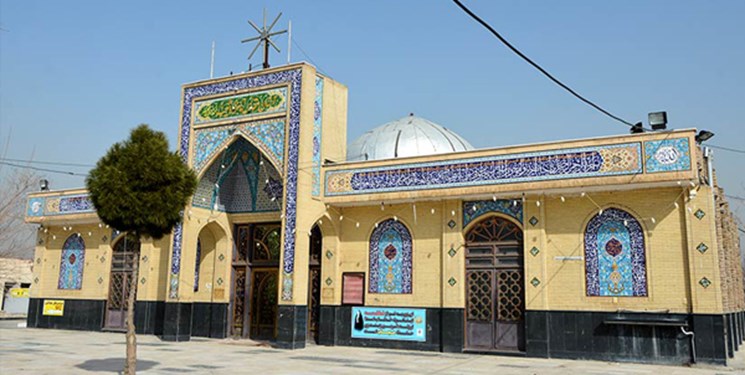




Choose blindless
Red blindless Green blindless Blue blindless Red hard to see Green hard to see Blue hard to see Monochrome Special MonochromeFont size change:
Change word spacing:
Change line height:
Change mouse type:





